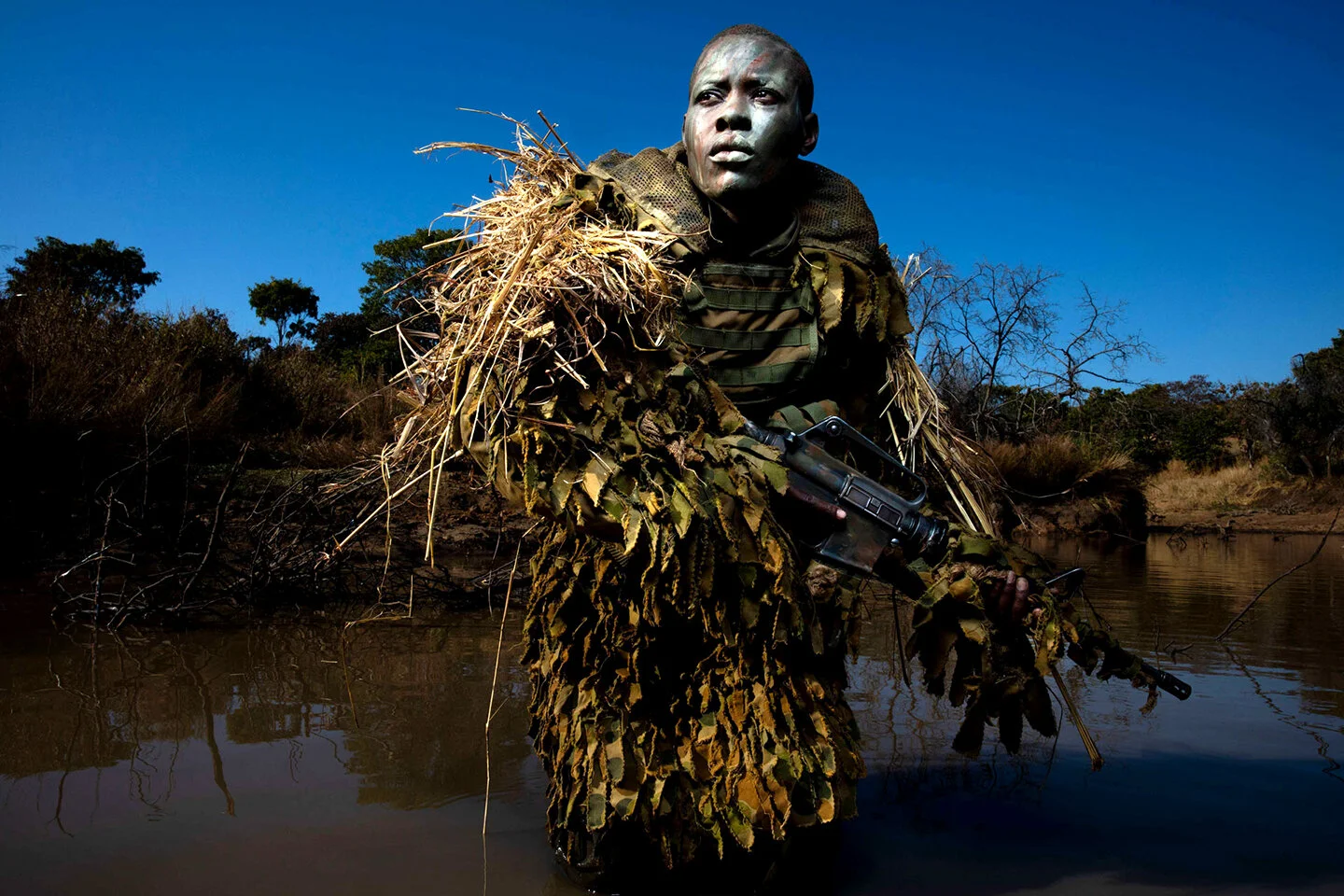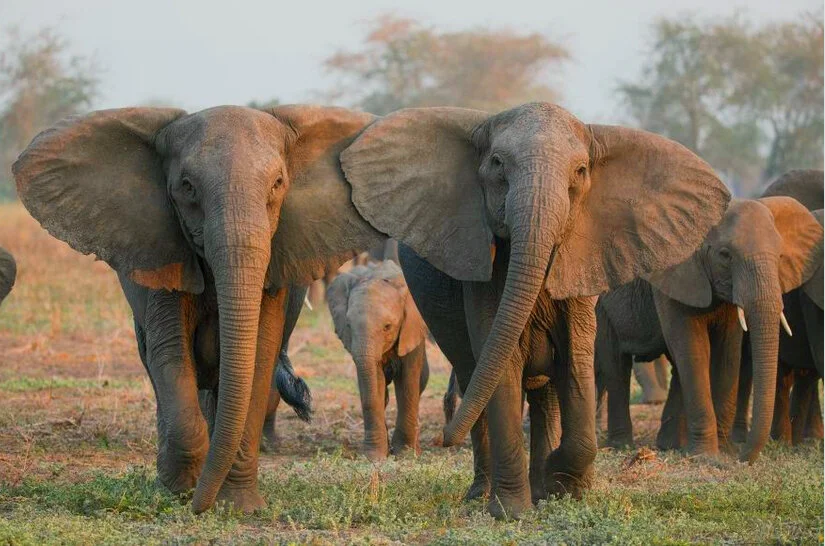Safari Journal - November 2019
PREEMPTING POACHERS - the new frontier
This series will be posted BI-monthly. We will be presenting the most current efforts and technology being used to detect poachers before they endanger protected animals.
The Akashinga, or “brave ones” - Zimbabwe
“Mander, a former Australian special forces soldier who has trained game rangers in Africa for more than a decade, leads the women through hand-to-hand combat exercises. After years of training male rangers, Mander concluded that women are often better suited for the job. He says they’re more adept at de-escalating violent situations and less susceptible to bribery.”
This BBC article:
MEET THE “BRAVE ONES”: The women saving Africa’s wildlife.
Africa’s first armed, all-women anti-poaching unit is changing the way that animals are protected – and arresting poachers without firing a single shot.
By RACHEL NUWER from Zimbabwe
Photgraphy by RACHEL NUWER
The rangers train with rifles, though some conservationists argue that arming the women increases the threat of violence. Akashinga founder Damien Mander disagrees. “With the women, [the rifle] is more of a tool. With the men, it’s more of a toy,” he says.
CBSN video
The Black Mambas
The Black Mambas is an unarmed and all-female group, trained to spot, track down and arrest poachers. Here's how these women protect rhinos without using weapons. Black Mamba Anti-Poaching Unit "The Black Mamba APU was founded in 2013 by Transfrontier Africa and created to protect the Olifants West Region of Balule Nature Reserve and has since expanded to cover the entire Balule area, 400km²."
Elephants are evolving to lose their tusks - South Africa
Hunting gave elephants that didn’t grow tusks a biological advantage in Gorongosa. Recent figures suggest that about a third of younger females—the generation born after the war ended in 1992—never developed tusks. Normally, tusklessness would occur only in about 2 to 4 percent of female African elephants.
Elephants with a rare “tuskless” genetic trait had a better chance of surviving Mozambique’s long civil war, financed in part by poached ivory. About a third of surviving elephants’ daughters have no tusks.
In Mozambique, researchers are racing to understand the genetics of elephants born without tusks—and the consequences of the trait.
This National Geographic article:
Under poaching pressure, elephants are evolving to lose their tusks
By Dina Fine Maron
Photgraphy by ElephantVoices
If you found these articles interesting, check back in January for another edition in this series "Preempting Poachers - the new frontier". Please "like" our social media pages to be notified.
Advertisements
Tusk's approach to conservation recognizes that the long term future for wildlife and Africa's other natural resources is dependent on sustainable rural development. more... Tusk believes that if conservation is to succeed and environmental degradation to be reversed then education needs to be promoted at an early age.



![The rangers train with rifles, though some conservationists argue that arming the women increases the threat of violence. Akashinga founder Damien Mander disagrees. “With the women, [the rifle] is more of a tool. With the men, it’s more of a toy,” h…](https://images.squarespace-cdn.com/content/v1/53f4c4d9e4b0f42f5a9f731e/1568827056176-V36KERSNDS9BLSWSIY00/BraveOnes.jpg)



